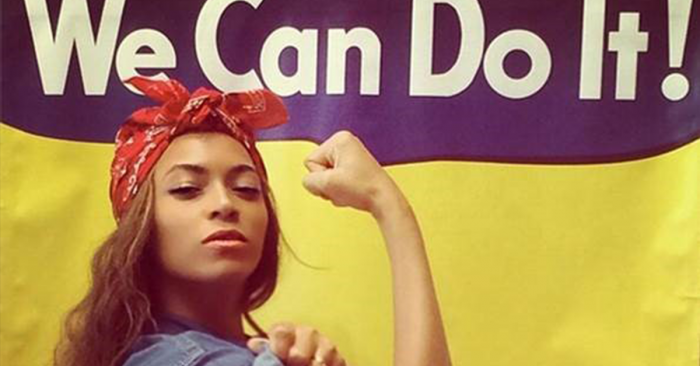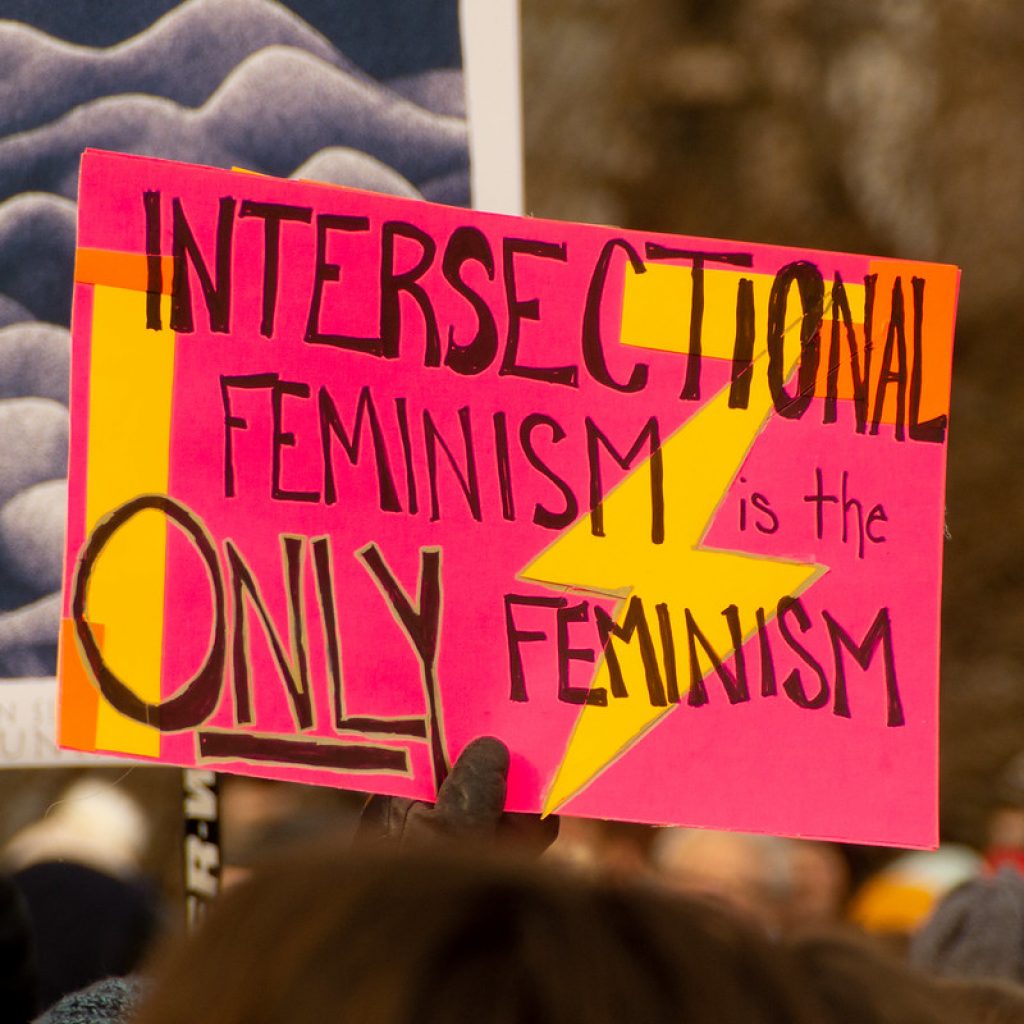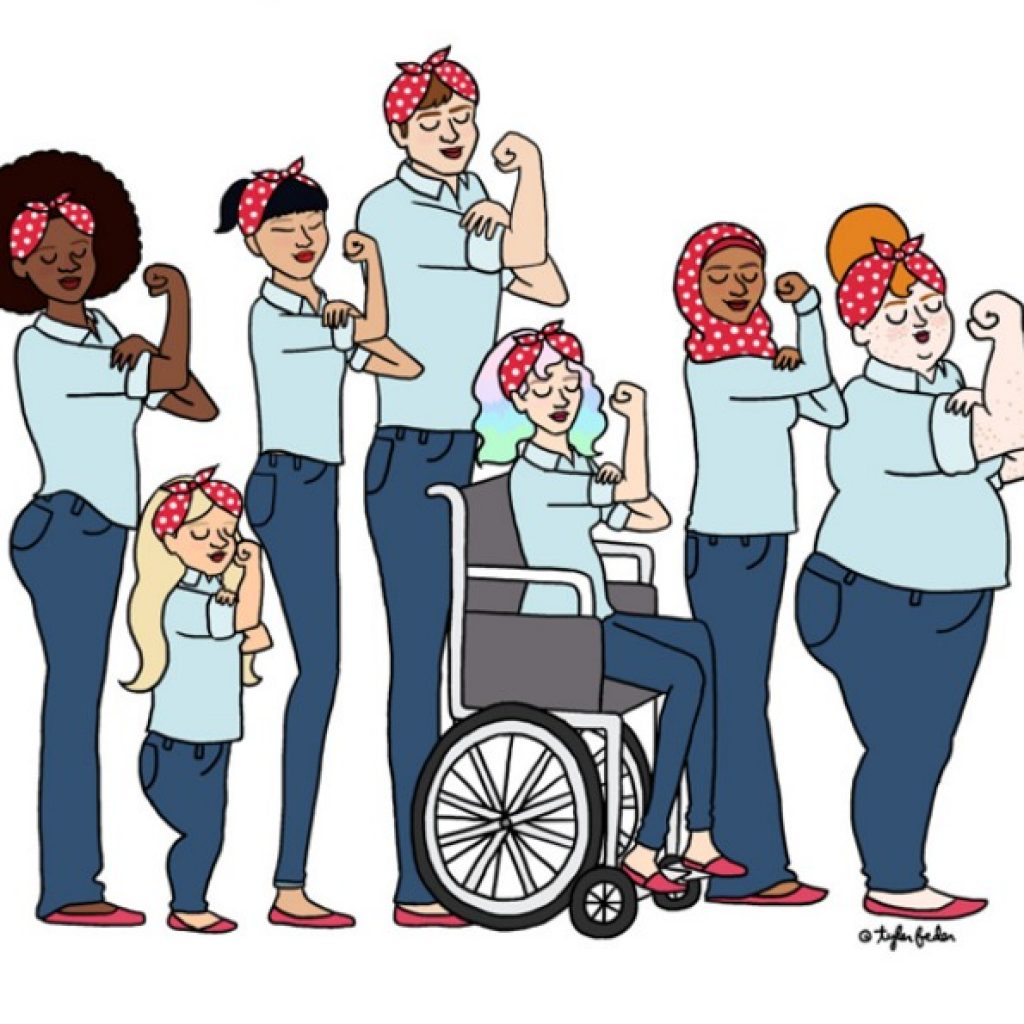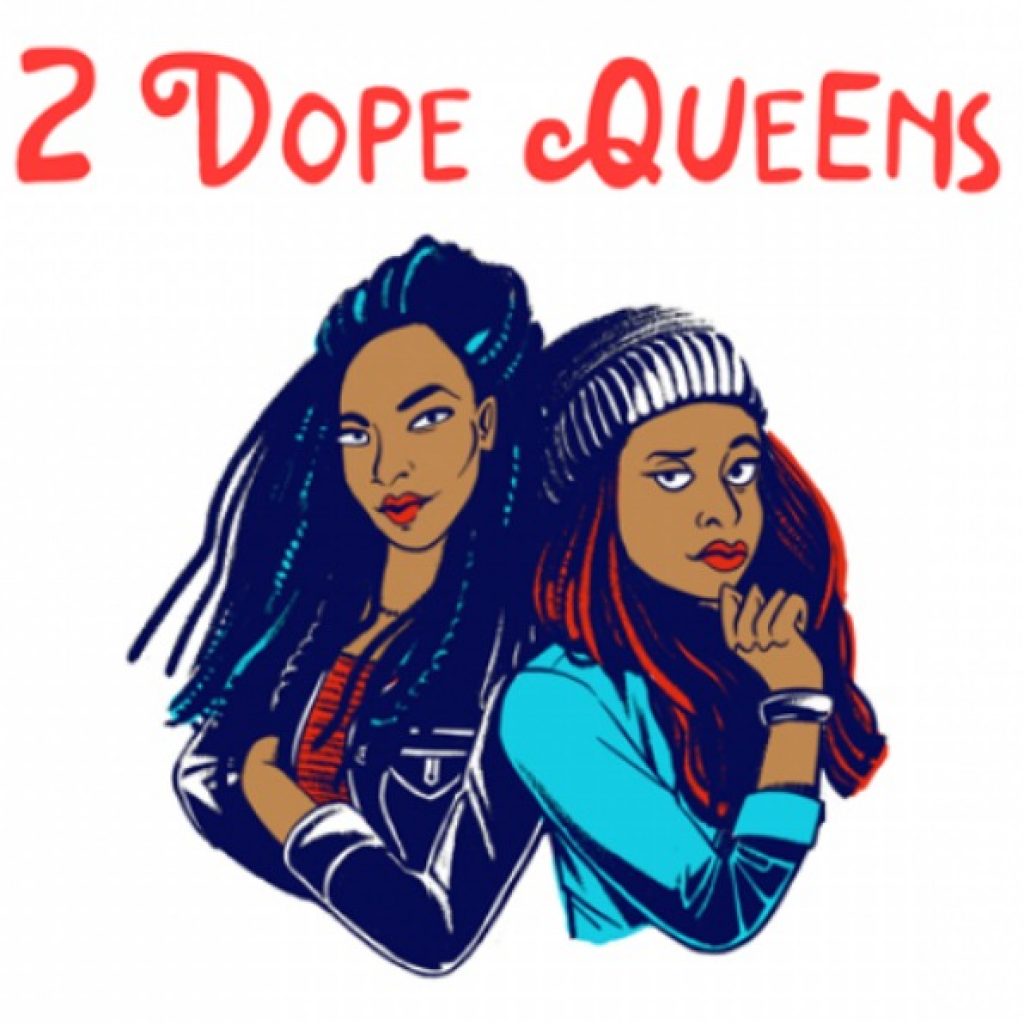
How to be a feminist ally
Being part of the strong, vibrant and diverse international feminist movement is a core part of our identity. So as a western international development organisation, we spend a lot of time thinking about how we can be strong allies to our sisters in Asia Pacific and beyond.

Being part of the strong, vibrant and diverse international feminist movement is a core part of our identity. So as a western international development organisation, we spend a lot of time thinking about how we can be strong allies to our sisters in Asia Pacific and beyond.
Sometimes being an ally is tricky business – you want to support your sisters as best you can, but never take up too much room. IWDA Program Managers Bronwyn Tilbury and Stephanie Lusby reflect on their experiences as they continue learning to be the best allies and activists they can be.
It’s sometimes hard to see where you fit in movements of change when you embody and enjoy the benefits of the same privilege you’re trying to dismantle. Especially when so much of development work and so many development workers, despite the best of intentions, reproduce systems of colonial and patriarchal power and inequality.
When more often than not we praise western systems of knowledge and understanding, preference the English language, and take resources, space, leadership and power away from the groups we propose to serve.
In the face of this reality, and in an international feminist space like the AWID Forum, where you are surrounded by intelligent, tenacious and extremely competent women leading their own struggles for sovereignty, dignity, and equality, you start to feel like the only moral thing to do is to get out of the development game altogether and leave the cause in their capable hands.
But just as you’re making your plans to quit your job in development and open a little craft shop in Coburg, you realise that washing your hands of these struggles and abdicating your responsibility for helping to transform the systems you have benefited from at the expense of others, is just as morally reprehensible as staying in the deeply flawed and compromised development system.
It can sometimes seem as if you have to choose between being a stooge of neo-colonialism or stepping away completely from struggles that you believe in.
The AWID Forum confronted me with this internal conflict yet again. But through attending sessions on Decolonizing Solidarity and anti-oppression, having frank, challenging and compassionate conversations with peers and colleagues and doing a lot of self-reflection, the Forum also gave me some answers.
The answer that I found was that we, as development professionals, feminists and human beings have to get really good at the practice of Decolonizing Solidarity.
In other words, the bloody hard and humbling work of being a good ally.
This is the task of listening, reading and educating ourselves about cultures and histories and struggles that aren’t your own. The work of exploring our own complicity in the systems of power we seek to address. The duty of understanding that our power fluctuates according to context, and that that means knowing when it’s appropriate to stand up and speak out for justice and when your voice and perspective isn’t necessary or helpful in a given space.
It’s the act of stepping out of the spotlight again and again and of being constantly conscious of our own privilege, and our responsibility to undo and mitigate that privilege in each and every interaction.
It’s the work of making mistakes and receiving negative critiques, but not giving in to the temptation to throw up our hands and wallow in self-pity. It’s about learning from the mistakes, listening to advice and alternative perspectives, rebuilding trust, and trying again.
It’s the difficult process of making ourselves vulnerable by sharing and exploring new understandings to encourage others in the development system to participate in the project of decolonizing spaces and practices. But most of all, of listening and listening and listening some more.





